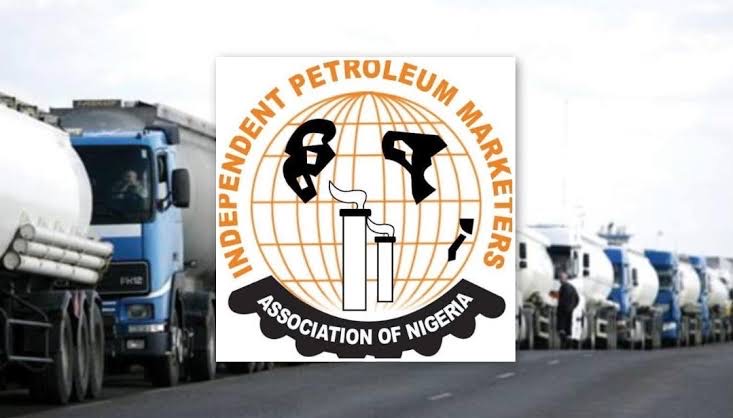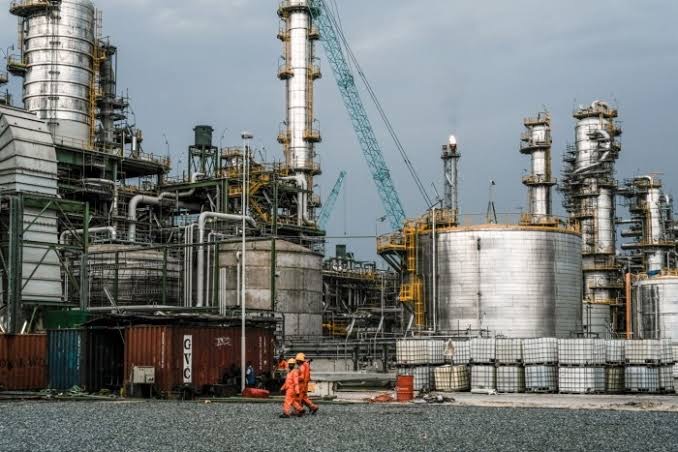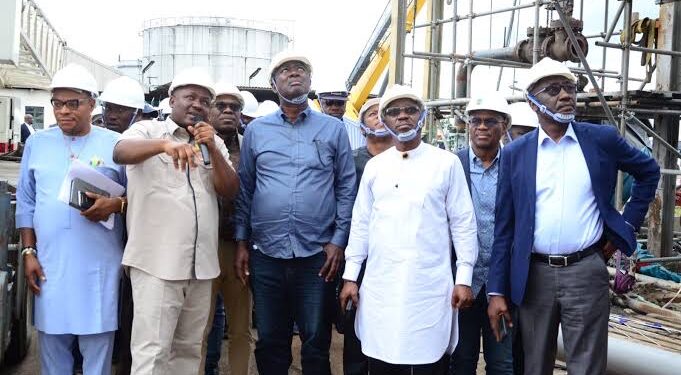The Independent Petroleum Marketers Association of Nigeria (IPMAN) has revealed that the Port Harcourt refinery is on schedule to meet the August petroleum product production deadline and has the capacity to supply traders with 10 – 12 million litres of petrol. IPMAN National Director of Operations, Zarma Mustapha, made the statement in an interview with Channels TV on Thursday.
Mustapha said the refinery will increase the country’s petroleum product supply to about 11-15 million litres per day, helping ensure overall energy utilization.
He said the refinery will be operated independently and will sell at prevailing market prices with little or no government intervention.

“There is this understanding that the Port Harcourt refinery is going to perform independently and sell at whatever prevailing market price for them to recover their cost.
“It is not going to be run like a government entity as it has been before. I believe that the refinery coming up, will really boost the demand and supply of PMS to nothing less than 11 to 15 million litres daily.
“I am confident and optimistic that this August deadline is going to be a realistic deadline. It will come onstream and fully produce all the necessary components that the refinery is supposed to produce. At least, at its capacity of 0,000 barrels, can give you 10 to 12 million litres of PMS,” he said.
When asked if the refinery could help lower domestic gasoline prices, Mustafa said it could if operators decided to sell at subsidized prices.
However, he explained that the refinery needs to recover its operating costs, especially the $1.5 billion loan it took from creditors in 2021 for maintenance.
Therefore, the market trader’s spokesman said operators also need to recover their costs, as they buy crude oil at international prices.

“It depends on how much they are willing to sell. How much did they get the crude? Because they’re buying the crude at an international price too. They have to pay back the loan they took also.
“The $1.5 billion is a loan they took from one of these African financial institutions. I don’t know which one among them. They took the loan with the promise of paying back with whatever recoup from the earnings of the refinery,” he added.
Despite being an oil-producing country, Nigeria does not have a functioning public refinery. The country has four state-run refineries in Port Harcourt, Kaduna, and Warri. The lack of functioning refineries has forced Nigeria to rely heavily on imports of refined petroleum products, severely impacting the country’s economy.
NNPC boss Mele Kyari recently promised that the Port Harcourt refinery would begin operations in August this year. He also said that the other three refineries in Kaduna and Warri would begin operations in the second half of 2025. The announcement comes as part of the government’s ongoing efforts to revitalize the country’s refining capacity and reduce reliance on imported petroleum products.
However, the remarks are open to doubt as this is not the first time Kyari has made such a prediction. Previous deadlines for restarting refineries have not been met, raising widespread skepticism about the feasibility of the current timeline.

































